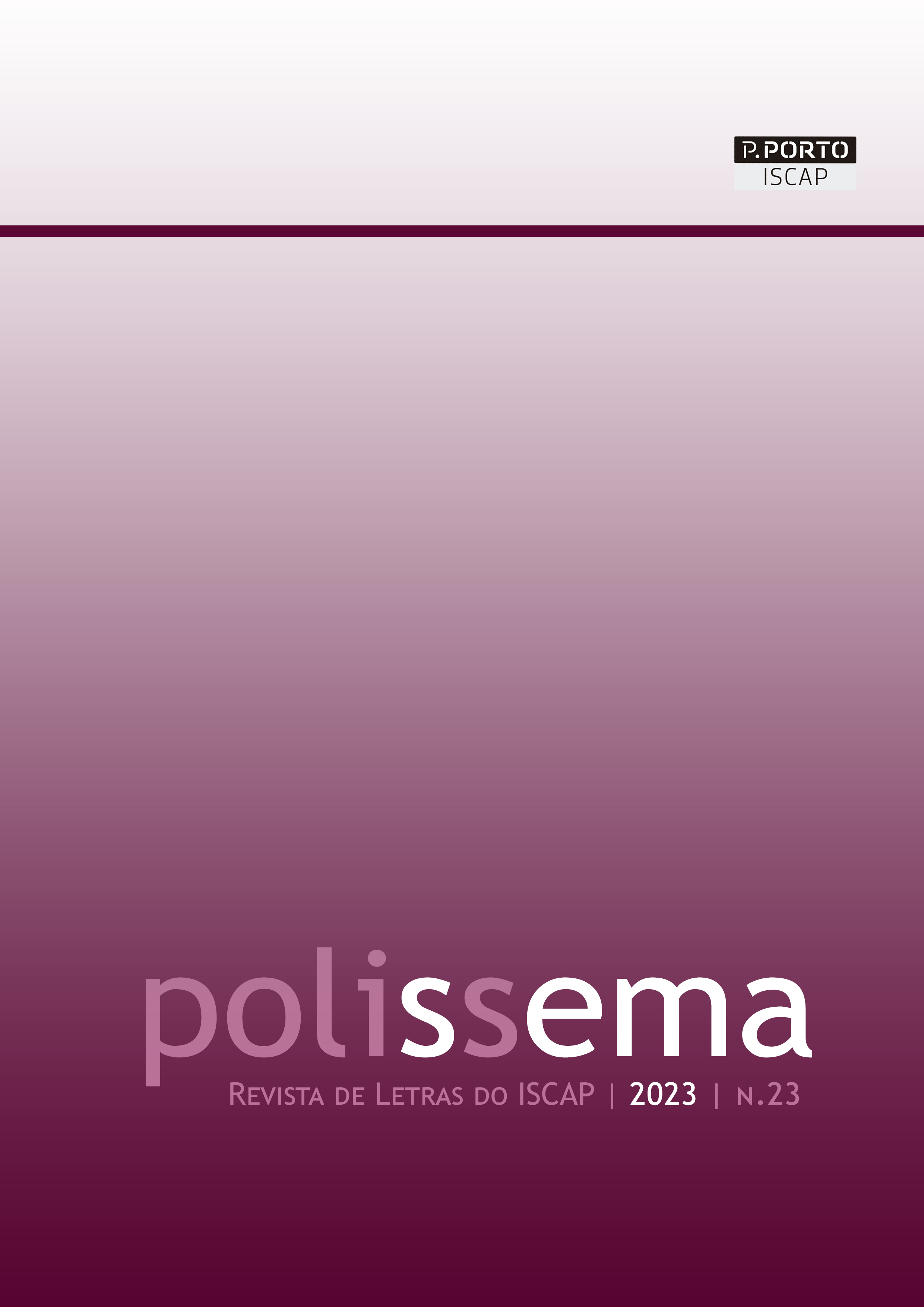LE GLOSSAIRE TERMINOLOGIQUE COLLABORATIF COMME STRATÉGIE D’ENSEIGNEMENT D’UNE LANGUE DE SPÉCIALITÉ
DOI:
https://doi.org/10.34630/polissema.v1i23.5358Keywords:
didactique des langues, lexicographie d’apprentissage, terminologie bilingue, traduction, projet pédagogiqueAbstract
In this paper, we propose to reflect on different didactic concepts such as task (Nunan, 1989), learning project (Puren, 2011), monolingual ou bilingual learner’s lexicography (Bergenholtz et Tarp, 2003, Binon and Verlinde, 1999 and 2001, Tarp, 2004), apprentissage sur corpus or Data - Driven Learning (Boulton and Tyne, 2014) or strategic competence (Hurtado Albir, 2008), as well as on the relevance of some teaching / learning methodologies for language for specific purposes (LSP) in the context of translators’ training at the NOVA University of Lisbon.
To illustrate this, we will present the work that we carried out with three classes of specialized translation and which resulted in the development of several bilingual terminology glossaries (Portuguese - French and French - Portuguese), especially in the fields of architecture and art history (Gothic art and Renaissance art). These learning glossaries, which are intended to be collaborative and open-ended, are part of the wider research being carried out by the multilingual lexicographic project LBC - Lessico dei Beni Culturali at the University of Florence, a project in which we are participating and which seeks, among other things, to describe Italian and, in particular, Florentine cultural heritage in nine languages (English, French, German, Italian, Mandarin, Portuguese, Russian, Spanish and Turkish).
Downloads
Published
How to Cite
Issue
Section
License
Copyright (c) 2023 POLISSEMA – ISCAP Journal of Letters

This work is licensed under a Creative Commons Attribution-NonCommercial-NoDerivatives 4.0 International License.


